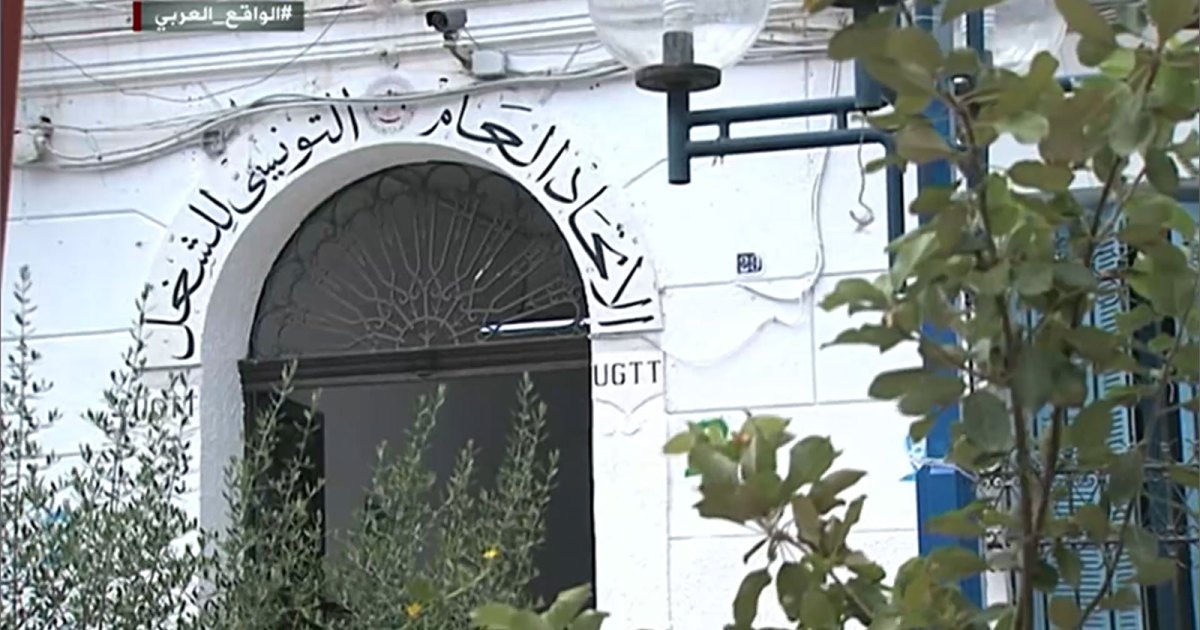The "Tunisian General Labor Union" renewed its demand for the formation of a mini-government to confront the economic, social and health issues, ensure the continuity of the state and implement its commitments, and preserve the gains made by the revolution, including the constitution.
The union said - in a statement - that any delay in this will only deepen the crisis, dismantle the state and threaten its entity.
The statement stressed the need to determine the end of the exceptional period, and to indicate the parameters of the necessary subsequent measures in accordance with a participatory consultative vision, to get out of the state of paralysis that afflicted most of the state's agencies.
The statement also condemned what it described as the bullying of some political forces abroad, and expressed its refusal to involve Tunisia in the politics of regional and international axes.
On July 25, Tunisian President Kais Saied decided to freeze parliament, lift immunity from deputies, and dismiss Prime Minister Hisham al-Mashishi, provided that he himself assumes the executive authority, with the help of a government whose president is appointed, and then issued orders to dismiss officials and appoint others.
The parties of Said's decisions, which have continued so far indefinitely, have rejected, and some considered them a "coup against the constitution", while other parties supported them, seeing them as a "correction of the course", in light of political, economic and health crises such as the Corona pandemic.
The Tunisian president is expected to announce the appointment of a new prime minister, assigning a government under his direct supervision to be accountable to him.
Tunisian organizations are pressing for an expedited presentation of a road map that includes clear plans to save the country, while ensuring respect for the constitution and human rights.

